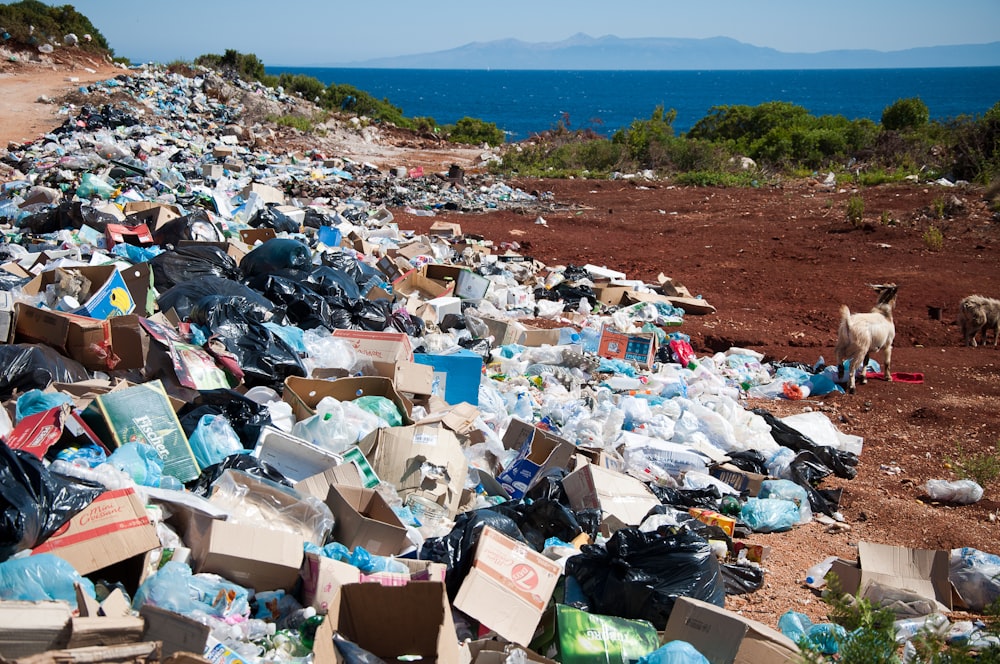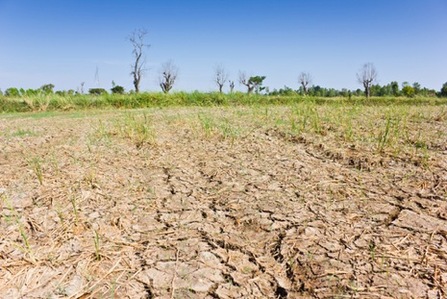POLLUTION
what is pollution.
The presence in or introduction into the environment of a substance which has harmful or poisonous effects.there are many types of pollution .
What are the different types of pollution ?
- Air pollution.
- Water pollution.
- Soil pollution.
- Noise pollution.
The main cause of pollution is human .The human itself cannot control the pollution due to this world is fell in pollution . AIR pollution.Air pollution is the different type of pollution environmental threat to public health globally and accounts for an estimated 7 million premature deaths every year. Air pollution and climate change are closely linked as all major pollutants have an impact on the climate and most share common sources with greenhouse gases. Improving our air quality will bring health, development, and environmental benefits.The UNEP Pollution Action Note displays the global state of air pollution, major sources, the impact on human health, and national efforts to tackle this critical issue.
Improvement in air pollution
The air pollution can be control by control many things first of we use transport smokeless vehicle ,buses ,and motercycle ,and instead of used public transport thoes is smokeless don’t burn leaves,trash,and other smoky materials.Don’t use gas powered lawn and garden equipment like blower.
- Basically, try to conserve energy as much as possible – at home, at work, everywhere.
- Check to make sure that your tires are properly inflated.
- Mulch or compost your leaves and yard waste.
- Use low energy labels when purchasing personal or business equipment.
- Carpool, take trains and busses, bike, or walk when they are available.
- Keep your car, boat, and other engines properly tuned up.
- Don’t burn smoky things in your fireplace.Water pollution.The main water pollutants include bacteria, viruses, parasites, fertilisers, pesticides, pharmaceutical products, nitrates, phosphates, plastics, faecal waste and even radioactive substances. These substances do not always change the colour of the water, meaning that they are often invisible pollutants.
Sources Of Water Pollution
- Urbanization.
- Deforestation.
- Industrial effluents.
- Social and Religious Practices.
- Use of Detergents and Fertilizers.
-
- Global warming.
- Deforestation.
- Industry, agriculture and livestock farming.
- Rubbish and faecal water dumping.
- Maritime traffic.
- Fuel spillages
Improvement in water pollution





